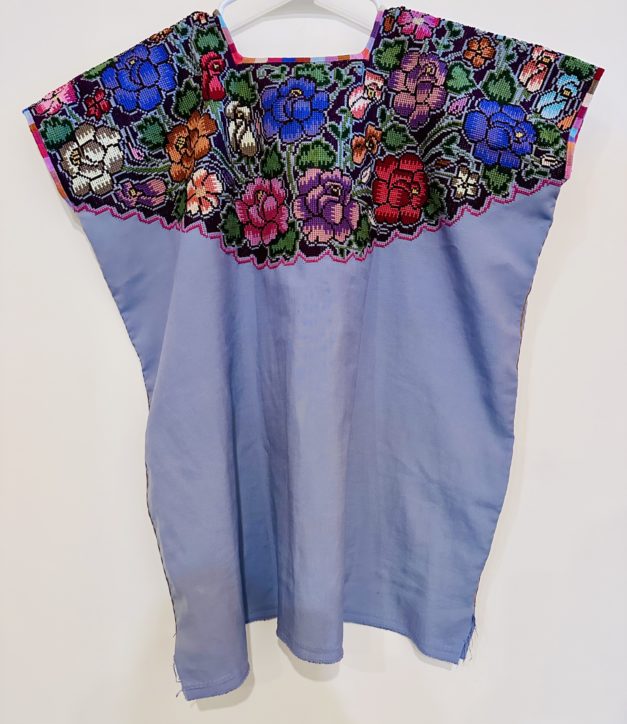Spanish names are ubiquitous in the western part of the United States of America, especially in the southwest, which was part of New Spain under the Spanish conquest and rule. The region then became part of Mexico in 1821 after the Mexican Revolution. It’s very pronounced here in New Mexico, where the Spanish language is a dominant feature of language and culture. Almost every street in Taos has a Spanish name. This got me to thinking about pronunciation and how language is spoken based on those who dominate and subvert it, intentionally or not. Hanging out in Albuquerque last weekend with my son Jacob, a one-week New Mexico resident, he suggested the topic as a blog post.
During the Civil War there was a mass exodus from the American south to the west. For example, the Territory of Colorado (1861–76) was the predecessor to the state of Colorado. The territory was created on February 28, 1861, formed in response to the secession crisis as well as a massive influx of white immigrants seeking their fortunes during the Colorado Gold Rush.
This brings me to Salida, Colorado, near where my friend Sue summers along the Arkansas River.
Those of you who know Spanish, know that salida means “exit,” in reference to the exit to the Arkansas River Canyon. In Spanish, it is pronounced Sah-lee-dah, but here it is said, Sah-lye-dah. Origins are definitely Spanish. Pronunciation is probably derived from a Southern twang and early settlers who needed to Anglicize (also a form of conquest).

A ristra (ree-strah) brings good luck and good health to all who hang one
Here in New Mexico, which became a U.S. territory in 1850 but didn’t gain statehood until 1912, we have Madrid, pronounced MAAAH-drid, with the emphasis on the first syllable. A far cry from Mah-DRID, the capital city of Spain. Today, the old miner’s houses there have been restored into tony shops. Madrid is an arts destination.
In Albuquerque (named after Spanish royalty), we have The Bosque, locally pronounced as Boss-key (not Bohs-kay), which is the cottonwood tree-lined parkland flanking the Rio Grande River. Okay, let’s talk about Rio Grande. Grande is locally pronounced to end with a hard D, rather than the correct Rio Gran-day). Strange to me because New Mexico is 48% Hispanic, and 26.5% are Spanish speakers.
What else comes to mind in the translation of place names from Spanish to the English vernacular? Lima, Ohio (pronounced Lye-mah). Peru, Indiana (pronounced PEH-rue, however early settlers called it PEE-ru, which you still hear today). What about Amarillo, Texas? Is it Amar-ill-oh or Amar-ee-yoh?
For U.S. place names of Spanish origin click HERE.
Can you think of a Spanish place name that has been altered to fit Anglo pronunciation? Please send me an email to share your thoughts (the comment section doesn’t work on this blog). norma.schafer@icloud.com
Charlie Dell Says …
Not places per se, Norma, but I always get a tickle out of 2 streets in Austin, TX. Manchaca is pronounced Man-shack. And Guadalupe, the University of Texas drag, is called Guad-a-loop.
Terri Hamlin says…
Colorado also has a town called Buena Vista pronounced locally as byūna vista. It’s even clarified on their website.






